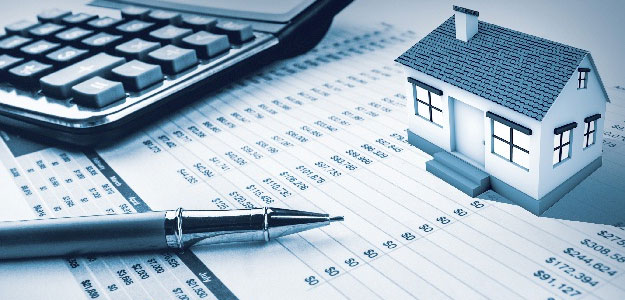
Personal loans are becoming a prevalent tool for borrowing money nowadays, and whether or not taking a personal loan is a feasible option for you depends to a large extent on what kind of credit history you have. Thus, in the term ‘personal loans for bad credit’, it becomes essential to understand the two major things- personal loans and credit.
Understanding a personal loan
In simple terms, a loan taken for personal use is called a personal loan. They are not given specifically for the purchase or fulfilment of anyone’s needs. For example, home loans are provided only for purchasing a house, and car loans are given only for a car purchase. The borrower can use personal loans; on the other hand, for anyone or multiple needs, and there is no restriction or binding.
In general, it has been seen that personal loans are usually taken for short-term requirements like a vacation, prepaying an existing debt, or to cover up for unpredicted incidentals like a medical emergency. They can also be taken to meet the expenses of a wedding or education fees. The significant advantage of personal loans is that they are disbursed quickly with minimal paperwork and that they mainly do not require collateral. Let us now understand what collateral is.
What is a collateral?
Collateral is anything given as a guarantee by a borrower to the lender as a security for the loan taken. If the borrower defaults on loan repayment, the lender can sell the collateral and collect his money. The things accepted as collaterals can be more significant assets like houses, cars or jewellery, and sometimes smaller assets like shares, household items, or documents. For example, in an auto loan, the borrower gives his vehicle as a guarantee to the lender, and in case the borrower does not pay back the auto loan, the lender has the right to sell the car to someone else and claim his money.
Secured and unsecured loans
Loans guaranteed by collateral are called secured loans. On the other hand, loans not secured by any collateral are called unsecured loans. The risk factor is much higher in unsecured loans than in secured loans, determining the interest rate charged on secured and unsecured loans. The interest rate charged on secured and unsecured loans also depends on the borrower’s credit score.
Good credit and bad credit
If you have been paying all your bills on time and have not missed paying any loan instalments, then you are said to have good credit. On the other hand, if you have a tendency and a proven track record of missing out on your payments or delaying them, you are said to have bad credit. A lender would prefer lending to a person with good credit and not to a person with bad credit.
However, people with bad credit can get a loan. Bad credit loans are a type of personal loans that are readily available nowadays. Still, they are given at a much higher interest rate, for obvious reasons, and after a thorough process of checking the associated risks.
A word of caution
The business is very profitable and lucrative because of the high-interest rates and fees associated with personal loans. As a result, there are many fake companies in the market. These companies try to exploit people with bad credit by playing with their fear of being unable to get a loan. They lure them into taking a loan from them at higher rates than what is prevailing in the market. This is done by promotion tactics like giving loans without documents or giving loans in minutes.
Thus, as a borrower, you must shop for your loan smartly. You must check the rates and fees charged by various lenders before zeroing in on any one lender, and you must also negotiate the terms and conditions being offered. Many lenders apply multiple penalties on the borrowers for minor delays or pre-payment of the loans, and these charges are not disclosed at the time of loan disbursal. Thus, clarity and comparison are major prerequisites before taking a personal loan.




 POSTED BY
POSTED BY 

